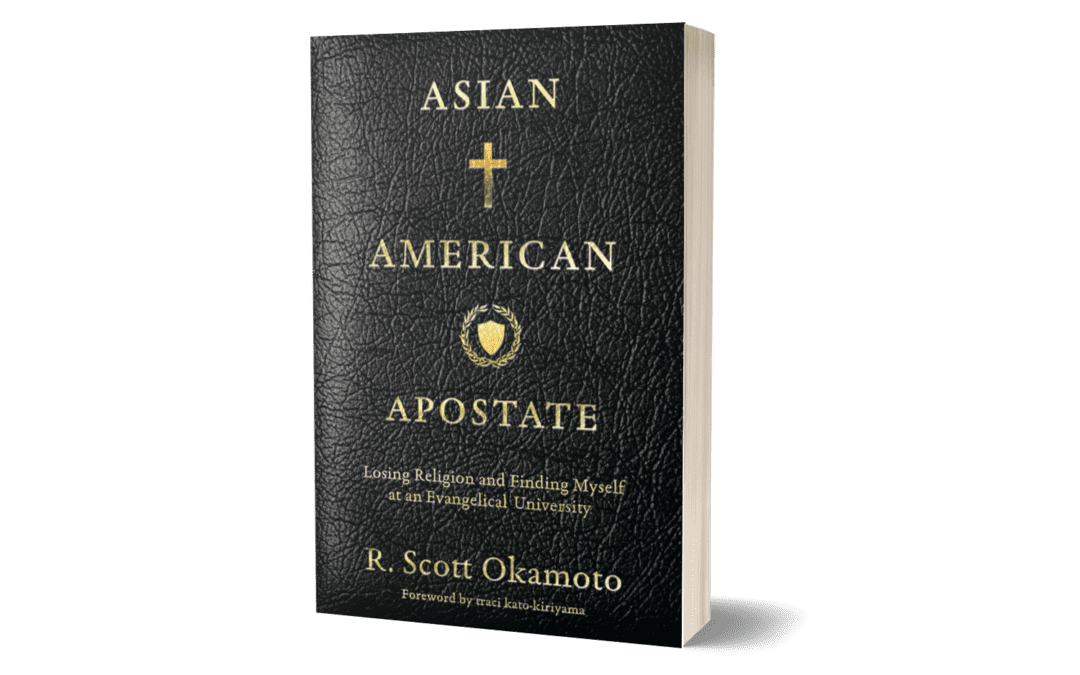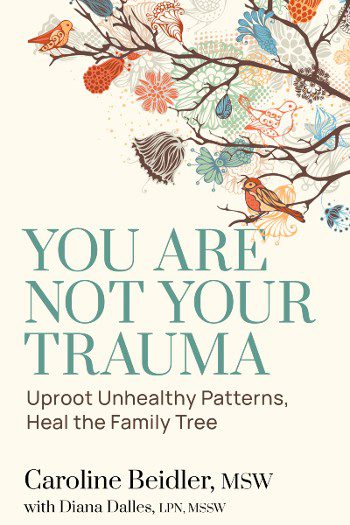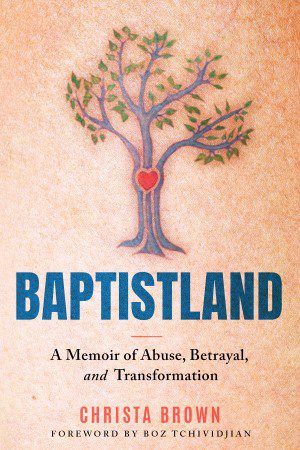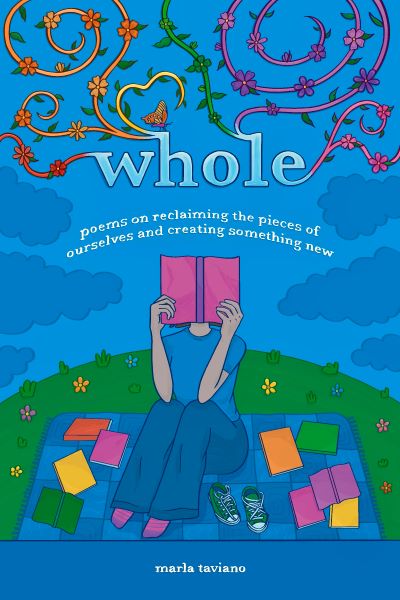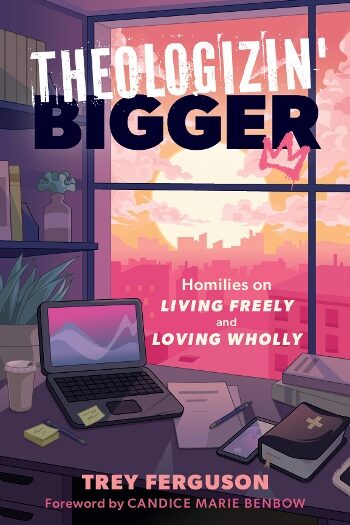Friends of Lake Drive Books,
It must take a lot of ambition to start a college or university: massive amounts of funding, establishing a physical location, hiring faculty and administration, angling for accreditation, and so much more. But most of all, it takes a vision and a sense of mission for what the institution of higher education wants to accomplish.
But what if that vision is to educate students and train pastors in a fundamentalist religious tradition? And what if that sense of mission is to create a learning academy separate from the larger society? And what if, in the name of Christian service, that institution of higher learning turns out to be a place of separation not just for spiritual learning but for race, class, gender, and sexuality?
Do an online search on “Christian colleges” and “racism” and you’ll find plenty of documentation on the link between religion and racism, even especially how many secondary schools and colleges were tools of fighting racial integration in the 1960s. Perhaps the most well-known story around this issue, one that galvanized religious fundamentalists, was the Supreme Court decision against Bob Jones University, stating that it cannot enjoy special tax exempt status as a religious institution if it did not strive to eradicate racial discrimination.
With that background, imagine yourself as a person of color sizing up a job prospect teaching at an evangelical Christian college. Do you know just how White your future employer is? That’s the situation Scott Okamoto found himself in as he was an aspiring English teacher looking at employment opportunities in higher education.
What do you think his experience will be as a Japanese American teaching evangelical college students and working with other faculty and administrators who are predominantly White?
It’s just a job, right?
In truth, Scott Okamoto had no idea that his role as an English teacher at an evangelical Christian college meant facing bigotry as an Asian American and faux intellectualism as a teacher.
But he also didn’t know what it would mean for his own journey of faith and identity.
Scott’s book, Asian American Apostate: Leaving Religion and Finding Myself at an Evangelical University, is a wry and ironic story of deepening faith deconstruction especially because of the intense cultural experience at a Christian college. Okamoto’s often-chilling accounts reveal that such schools, where prayer and trite theological debate erupt in any lecture regardless of whether it’s English or mathematics, demonstrate anything but higher education. More than that, you’ll see how Okamoto found clarity about who he was not, and who he was coming to be.
I hope you’ll consider looking at Scott’s book. See our interview together below, read a little of an excerpt from the book or listen to a clip of the audiobook. What you’ll see can be eye opening, not just for the stories—and Scott has the stories (see also his Chapel Probation podcast for not just his stories but those of many others)—but also for his difficult, unlikely, and ultimately encouraging journey of identity, one that will immerse you in the search for a deeper and more expansive life.
See also the amazing list of endorsers for his book, including author and scholar Brad Onishi saying this: “Asian American Apostate is a stunning contribution to the topic of deconstruction and leaving high-demand religion that for too long has been almost exclusively occupied by White voices.”
And Publisher’s Weekly saying this: “Okamoto’s perspective on being Asian American in a white, insular Evangelical environment is fascinating and candidly expressed.”
Gratefully,
David Morris, Publisher
p.s. Though about that PW quote above, see more in Scott’s Substack post: Notes from a “grating,” “off-putting” Writer

